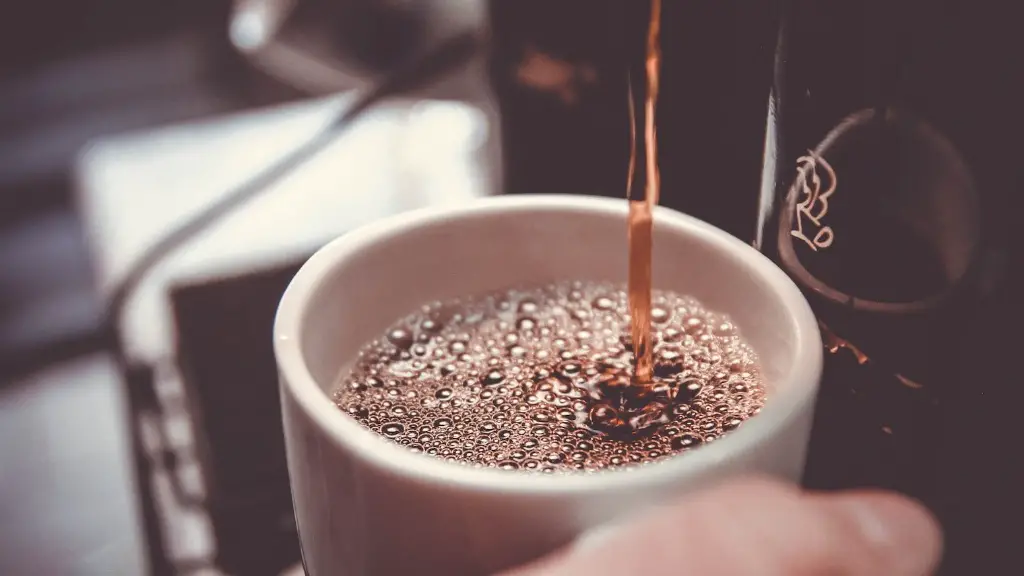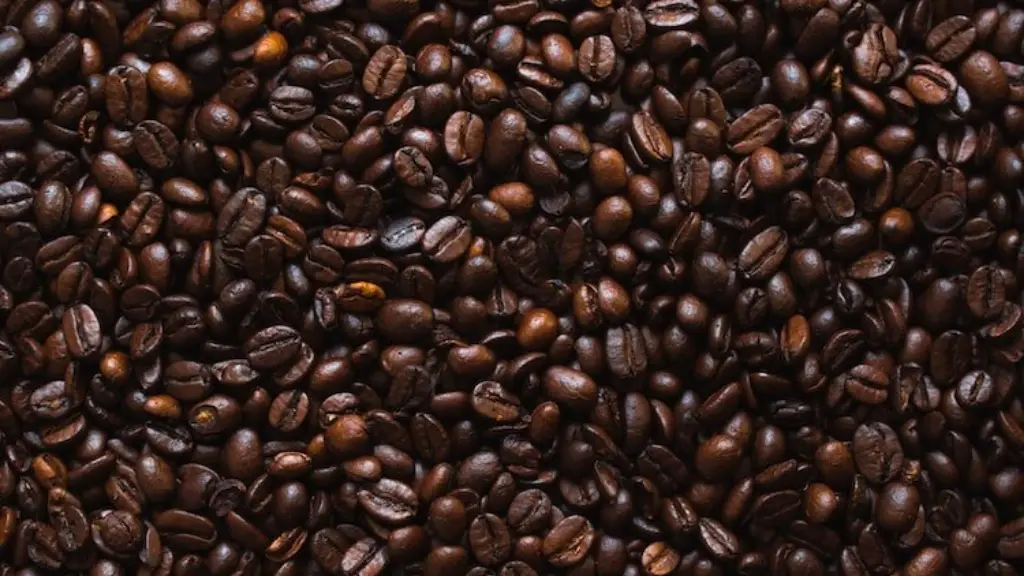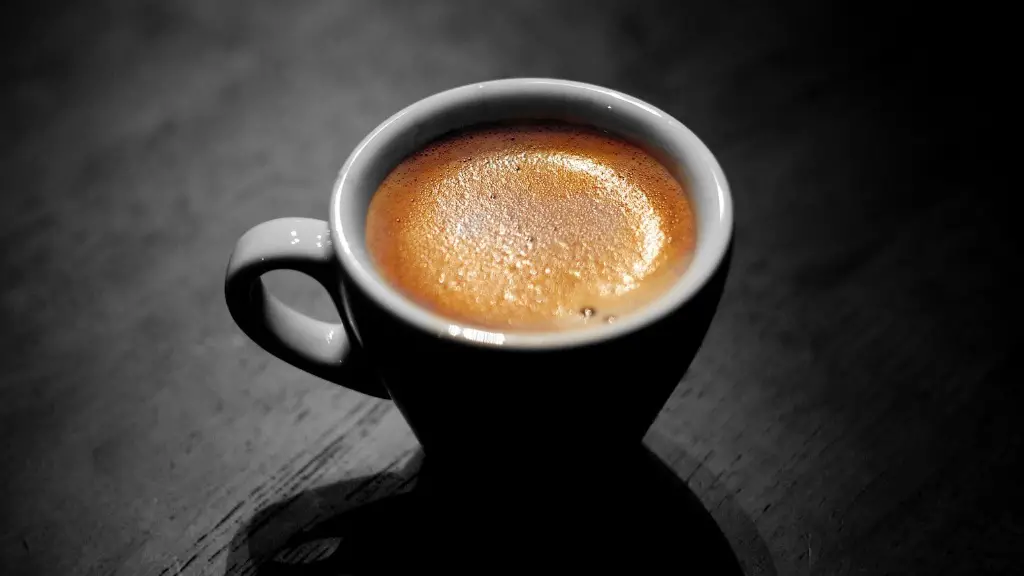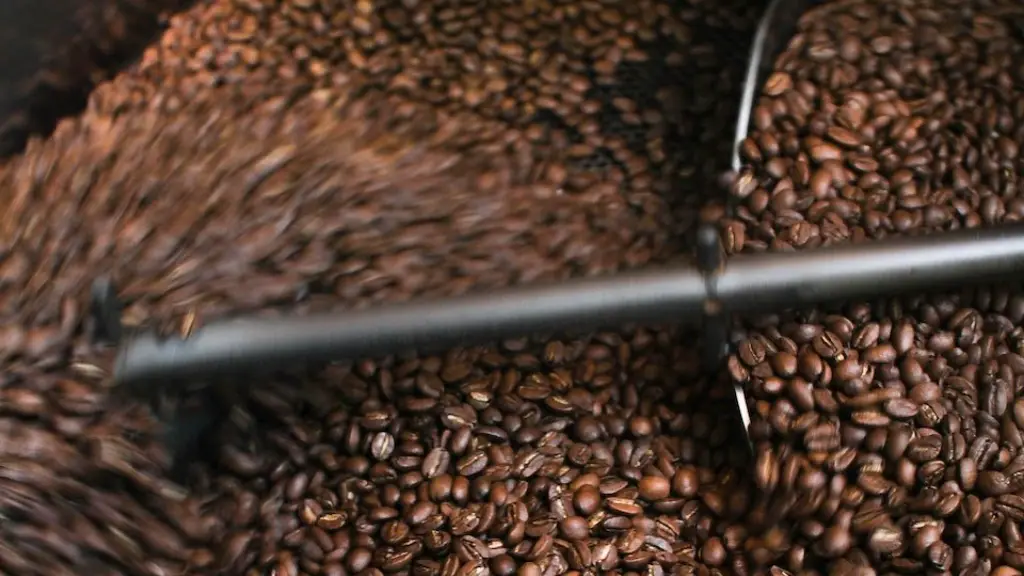Fast is a common practice for those who have to have blood work done as it is important to have accurate results. Many people wonder if it is okay to drink coffee before or during a fast for blood work. Coffee can help to keep you awake, alert, and energized, so this is a pretty common question.
As with most questions about fasting for bloodwork, the answer to this depends on what type of lab tests are being conducted. In general, coffee is acceptable to consume before and during a fast for routine blood work. However, it is important to keep in mind that coffee can interfere with the accuracy of certain tests. This is especially true if the test requires you to fast for more than 12 hours.
The reason why coffee should be limited or avoided on long fasts is that caffeine has the potential to raise your levels of cortisol and glucose. Cortisol is a hormone that regulates stress and helps to regulate your blood sugar. High levels of cortisol can interfere with accurate results on certain tests. As for glucose, caffeine can also increase the amount of sugar in your bloodstream, which can also affect test results. Therefore, if you are fasting for more than 12 hours, it is best to avoid or limit your caffeinated coffee consumption.
It is also important to remember that coffee, like any other food or beverage, can cause dehydration. This is especially true for those who have a fast for more than 12 hours. Therefore, it is important to stay well-hydrated on a fasting day. If you are consuming coffee, make sure to drink plenty of water to avoid dehydration.
If you are considering drinking coffee before or during a fast for blood work, it is important to discuss this with your physician. Your doctor can provide you with advice on what type of coffee is acceptable and how much is safe to consume. They can also provide you with information on any potential side effects or interactions.
Overall, drinking coffee before or during a fast for blood work is generally okay. However, it is important to keep in mind that caffeinated beverages can interfere with certain tests. Therefore, it is important to talk to your doctor to make sure that drinking coffee is safe and that it won’t affect your results. If you do decide to drink coffee, make sure to stay hydrated to prevent dehydration.
Insulin and Blood Tests
For those who do have to have blood work done, one common test is for insulin. Insulin is a hormone that helps to control the body’s level of glucose, or blood sugar. It is important to have your insulin levels checked regularly to make sure that your diabetes is being managed properly. If you are fasting for an insulin test, it is best to avoid caffeine and other caffeinated beverages.
Caffeinated beverages can increase your insulin levels, which can affect the accuracy of the test results. Therefore, if you are fasting for an insulin test, you should avoid coffee and other caffeine-containing beverages. It is also important to stay well-hydrated to prevent dehydration.
Should Pregnant Women Drink Caffeinated Beverages?
Another common question is whether or not pregnant women should drink caffeinated beverages. Caffeine is a stimulant and can have an effect on fetal growth and development. Therefore, it is generally recommended that pregnant women avoid all forms of caffeine, including coffee, tea, and energy drinks.
However, some studies have found that moderate amounts of caffeine are safe for the mother and baby. Most experts recommend that pregnant women consume no more than 200 milligrams of caffeine per day, which is roughly the amount found in 2 cups of coffee. If you are pregnant, it is best to talk to your healthcare provider to determine what is safe and healthy for you.
Final Thoughts
In summary, coffee is generally acceptable to drink before or during a fast for most routine blood tests. However, it is important to keep in mind that caffeine can interfere with certain tests and that it can cause dehydration. In addition, if you are fasting for an insulin test or if you are pregnant, it is best to avoid caffeine-containing beverages. Be sure to talk to your healthcare provider before consuming any caffeinated beverages.
Caffeine content in different beverages
It is important to note that the amount of caffeine in different types of coffee can vary significantly. For example, regular coffee usually contains about 95 milligrams of caffeine per cup, while espresso contains about 63 milligrams. Tea generally contains about 47 milligrams per cup, while energy drinks can contain as much as 200 milligrams of caffeine or more. Therefore, it is important to pay attention to the caffeine content of the beverages you are consuming.
In addition, some people may be more sensitive to caffeine than others. For example, some people may find that they become jittery or anxious after consuming caffeine, while others may not experience any effects. It is important to know your body and how it reacts to caffeine in order to know how much is safe for you to consume.
How to Reduce or Avoid Caffeine Ingestion
If you are fasting for bloodwork and you want to avoid caffeine, there are several options. One option is to drink caffeine-free beverages such as water, herbal tea, or decaf coffee. Another option is to switch to a low-caffeine coffee such as Americano or cold brew coffee, which usually contain less than 50 milligrams of caffeine per cup. You can also reduce your caffeine intake by alternating between caffeinated and decaffeinated beverages.
If you are pregnant or breastfeeding, it is important to avoid all sources of caffeine. Some herbal teas and fruit juices contain trace amounts of caffeine, so it is best to read labels and avoid these beverages. There are also certain medications, such as cold and allergy medicines, that contain caffeine, so be sure to check with your healthcare provider before taking any over-the-counter medications.
Benefits of Avoiding Caffeine
Caffeine can cause certain side effects, such as jitteriness, increased heart rate, and insomnia. Avoiding caffeine can help to reduce these side effects. Furthermore, reducing or eliminating caffeine intake can also help to improve focus and reduce anxiety. In addition, avoiding caffeine can help to improve sleep quality, as it can reduce the time it takes for you to fall asleep.
Although avoiding caffeine can have positive effects, it is important to note that it can cause withdrawal symptoms, such as headaches, cravings, and fatigue. Therefore, it is best to reduce caffeine intake gradually rather than stopping it all at once. Furthermore, it is also important to drink plenty of water and get adequate sleep to avoid any adverse effects.
What Medical Professionals Think
Medical professionals generally agree that caffeine can be consumed before or during a fast for routine blood work. However, they recommend avoiding or limiting intake if the fast is for more than 12 hours or if the test is for insulin or other hormones. Furthermore, they recommend avoiding caffeine altogether during pregnancy and breastfeeding.
Medical professionals also emphasize the importance of staying well-hydrated on a fasting day. They recommend drinking at least eight 8-ounce glasses of water per day to prevent dehydration. In addition, they advise avoiding caffeinated beverages if you have any underlying health conditions such as heart disease or diabetes, as caffeine can affect their symptoms.




